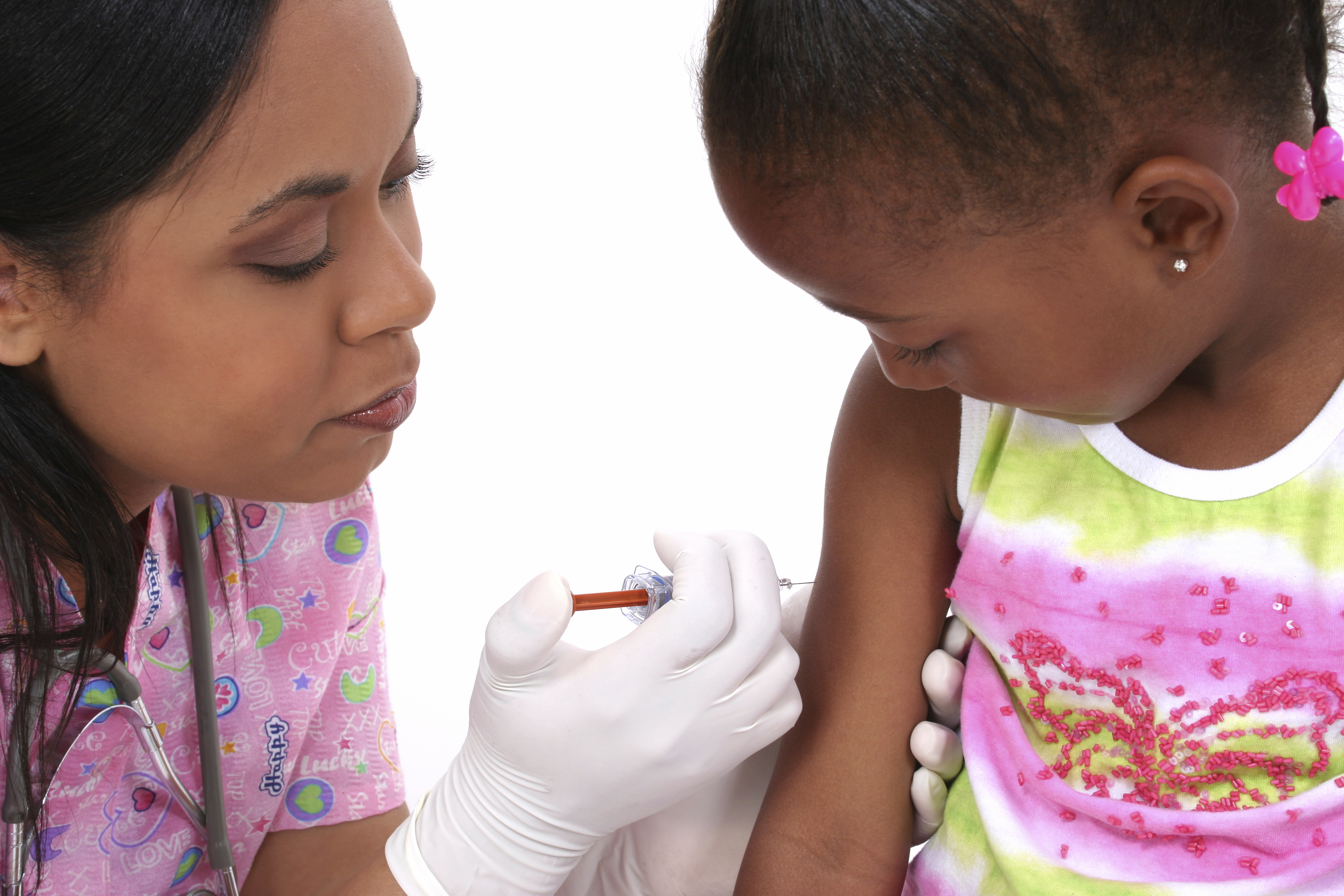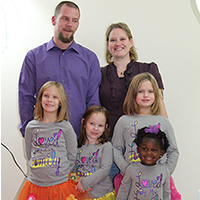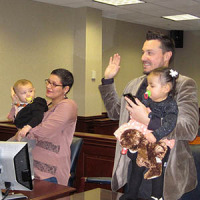A bonding assessment is a study that determines how a foster child has bonded with his foster or birth parents. It hinges upon a central question: if the child was removed from the current placement situation, would his overall well being be improved, hindered or unlikely to change at all?

The answer to this question is determined by a child psychologist. During the bonding assessment, she studies the child’s behavior as well as his interaction with the foster or biological parent and other members of the household. While the psychologist may also interview members of the family together or in subgroups, she is most interested in the child’s behavior.
Each child psychologist may handle a bonding assessment differently, but there are many key components of a child-parent relationship that most evaluators across the nation tend to look for. These include but are not limited to:
- The frequency and nature of touching between a parent and child
- Comfort and guidance seeking behavior by the child
- The parent’s ability to respond effectively to the child’s needs
- Whether the child seems upset if separation occurs during the session





